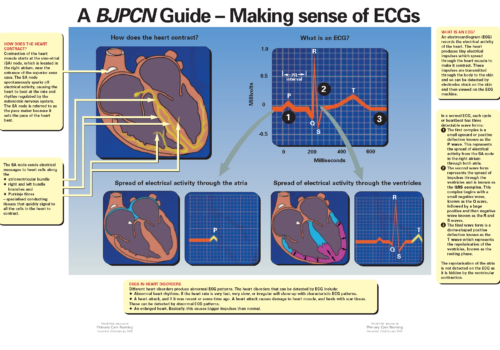The number of people who smoke has fallen over the past 30 years under a barrage of tobacco control measures, including increasing the price of cigarettes, advertising bans, and health education campaigns. But, one in four premature deaths in the UK (adults aged 35–65 years) are still caused by smoking, and a study published recently warned that today’s smokers puff their way through more cigarettes and start at an earlier age than smokers of fifty years ago. This means that, on average, men who smoke now die ten years earlier than men who don’t smoke. Can primary care make an impact on this ongoing problem? The good news is yes – and the new GMS contract is finally offering us incentives to include smoking in our health promotion activities. In this article, we give you the ammunition to put smoking cessation on your agenda – with the health and economic reasons why it makes sense to help patients quit. Practice nurse Rosemary Evans then explains how she does it in her Docklands practice.
Back to Basics: A BJPCN guide – Making sense of ECGs
The Primary Care Training Centre
The Primary Care Training Centre (PCTC) was set up eight years ago with the aim of providing practical, evidence-based training for primary care health professionals. It was started in response to requests from primary care professionals who were concerned that there was no training specifically for them, particularly on the important subjects of diabetes and coronary heart disease prevention. Existing courses sometimes failed to fully understand the primary care situation.
Running a successful cardiovascular clinic in general practice
The very good audit data for this practice has led to its winning awards. So how does the practice do it? This ‘day in the life of’ photo diary gives a step-by-step guide to the key elements of running a successful cardiovascular clinic in general practice.
Expanding the role of health care assistants in primary care
As practice nurses take on a growing role in the organisation and implementation of chronic disease management, they need more help in many of the routine – but important – tasks this involves. Health care assistants (HCAs) are providing growing support in this capacity. This article explores what HCAs are taking on and issues regarding their training and regulation.





















